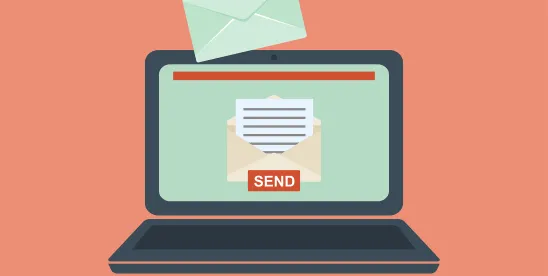Over the past few years, we’ve seen a wave of consumer lawsuits filed under Florida’s Consumer Collection Practices Act (FCCPA), many of them alleging violations of the law’s “quiet hours” provision based solely on the timing of emails. That legal loophole has now been closed.
The End of FCCPA “Quiet Hour” Email Claims
On May 16, 2025, Governor Ron DeSantis signed Senate Bill 232 (SB 232) into law. The amendment to Fla. Stat. § 559.72(17) clarifies that the quiet hours rule — which prohibits communications between 9:00 p.m. and 8:00 a.m. — does not apply to emails.
This change is significant. Previously, the statute didn’t specify which types of communications were covered. Plaintiffs seized on that ambiguity, arguing that emails sent during quiet hours violated the statute. Hundreds of suits followed, with many styled as putative class actions.
Conflicting Court Rulings
The Florida courts were split on the issue. Some judges agreed that the quiet hours rule applied only to calls, reasoning that emails are passive, like postal mail. Others accepted the broader interpretation, citing the FCCPA’s general definition of “communication” and drawing comparisons to the FDCPA’s federal counterpart, which arguably covers after-hours emails.
That uncertainty — and the litigation risk that came with it — prompted the Florida Legislature to act.
What SB 232 Actually Says
SB 232 adds the following clarifying language to § 559.72(17): “This subsection does not apply to an e-mail communication that is sent to an e-mail address and that otherwise complies with this section.” In its commentary, the Legislature noted that the original statute was adopted before email became widely used and noted that emails are “less invasive and less disruptive than telephone calls.”
What About the FDCPA?
The federal Fair Debt Collection Practices Act does contain a similar quiet hours provision (15 U.S.C. § 1692c), and the CFPB has suggested it could apply to emails. However, the FDCPA is narrower in scope than the FCCPA, as it applies only to third-party debt collectors, lacks punitive damages, and has a shorter statute of limitations. In short, a similar wave of email-based claims under the FDCPA is unlikely.
Final Thoughts
SB 232 cuts off a major line of exposure for creditors and original lenders who’ve been targeted under the FCCPA for sending after-hours emails. While the retroactivity of the law remains an open question, this amendment is a welcome development for any business communicating with Florida consumers.





 />i
/>i

